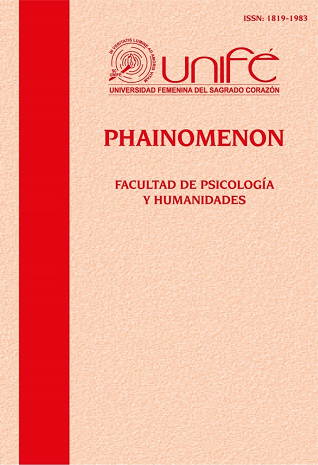Ontological base of Locke’s Theory of Ideas
DOI:
https://doi.org/10.33539/phai.v18i1.1374Keywords:
Idea, corpuscle, natural philosophy, realism in Locke, knowledge, empiricism, qualityAbstract
In this article the author analyzes the concept of idea as the central axis of the philosophical system of John Locke, presented in the Second Book of his "Essay on Human Understanding" dedicated to his philosophical argumentation. It analyzes those simple ideas which cannot be invented or destroyed, constituting the raw material for complex ideas.
The author argues that Locke, with his theory about the origin of knowledge, was a metaphysical realist. He also presents Locke's corpuscular theory as the best explanation of reality in itself and as the theory that became the belief of all the natural philosophy of the XVII century, thus opening a new scientific perspective that, after the works of Ticho Brahe, Kepler, Galileo, Boyle, concluded in The mathematical principles of natural philosophy of Newton in 1687. Locke knew the work of Newton; however, our author was directly linked with the scientific works of Robert Boyle (1627-1691).






